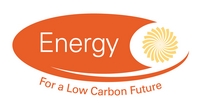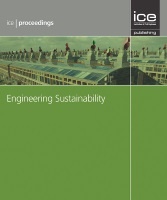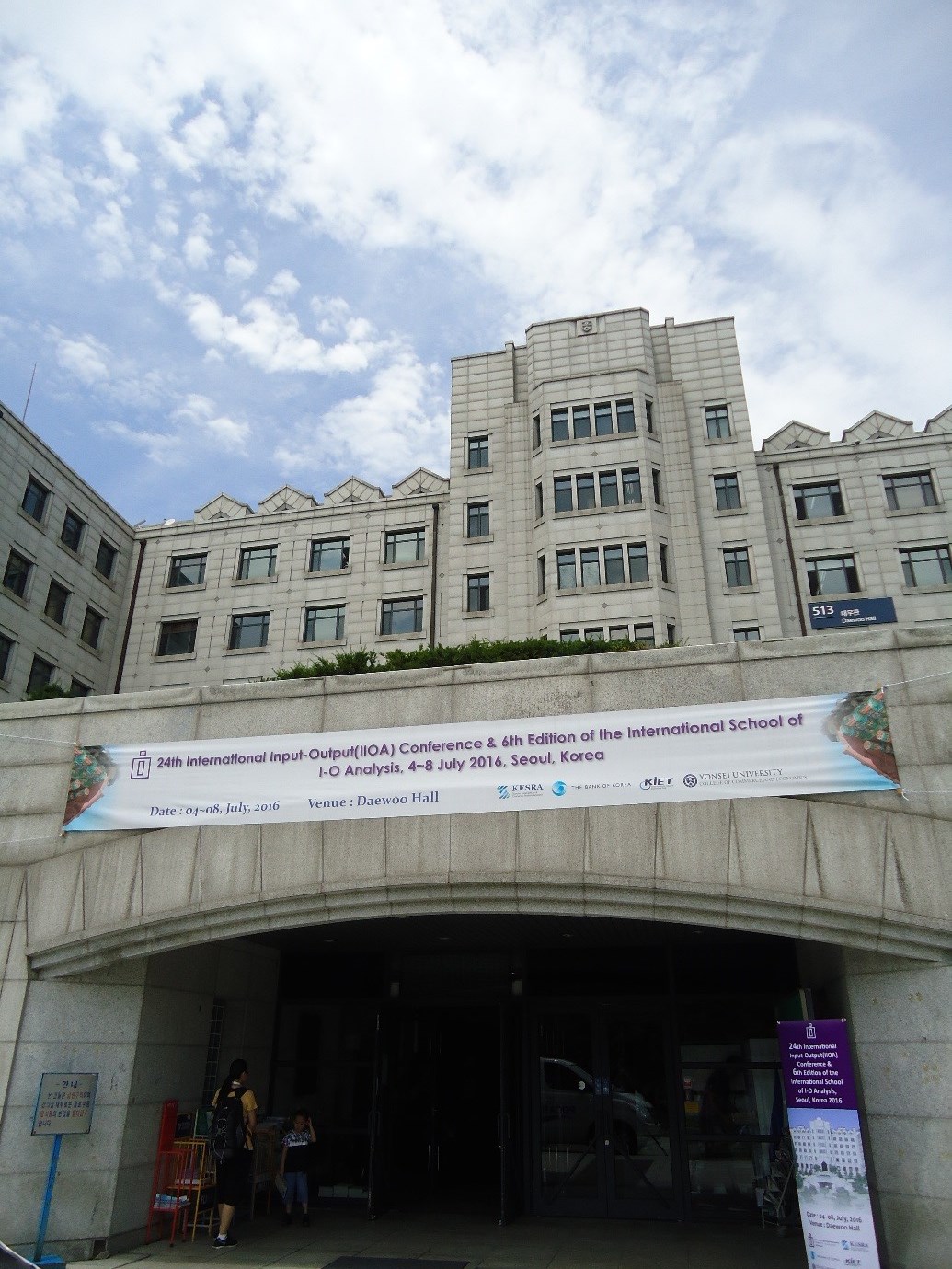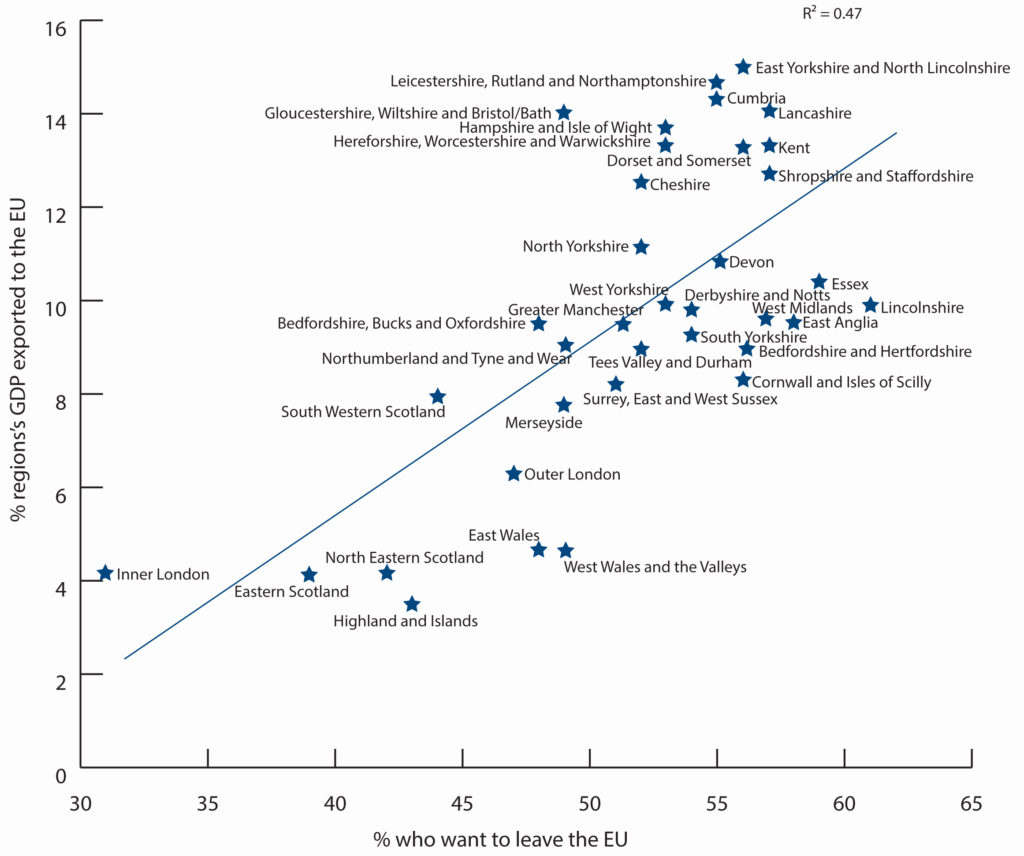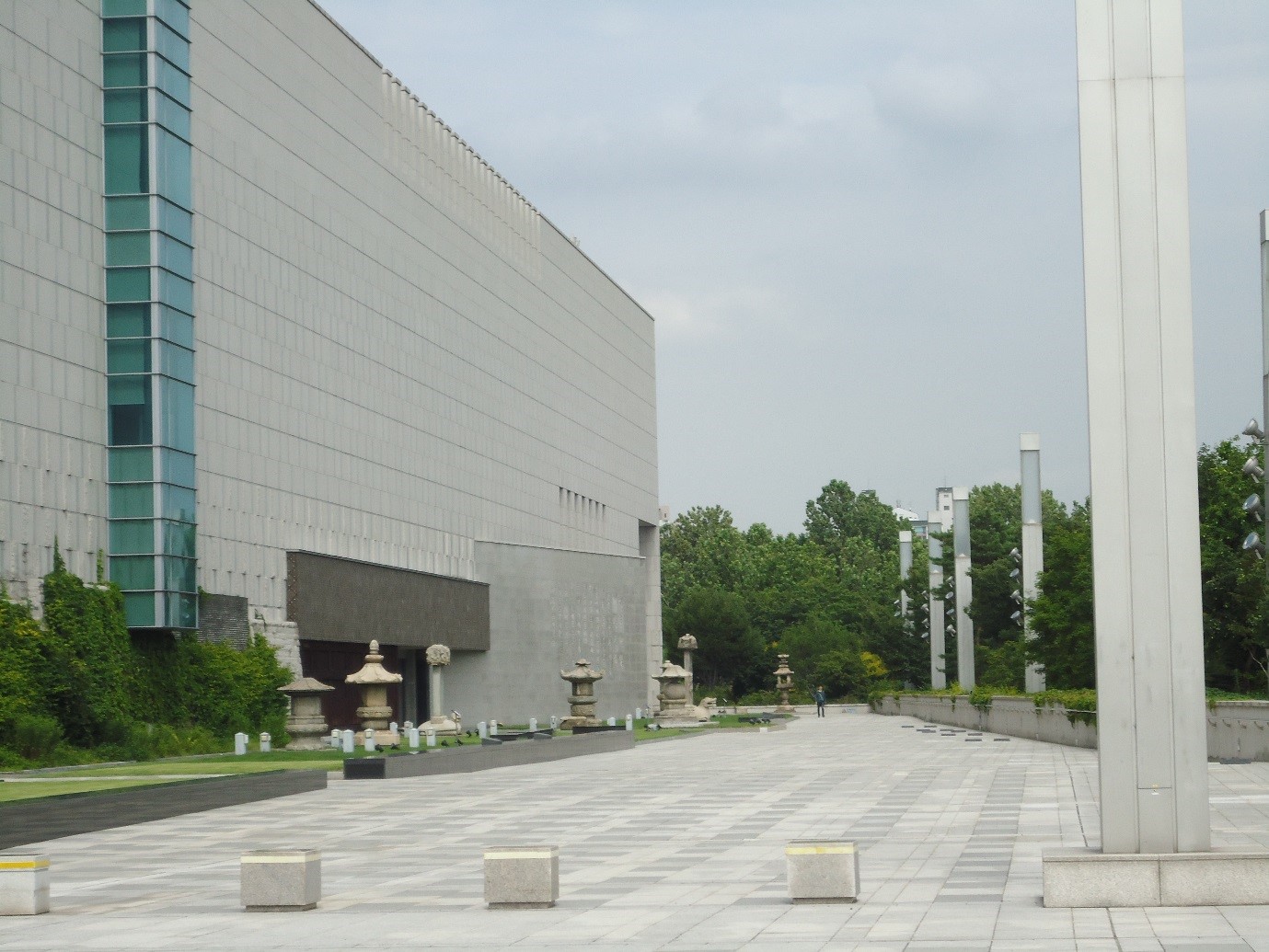The Centre for Industrial Energy, Materials and Products (CIE-MAP) invites applications for six visiting fellowships to join the centre for a period of 1 to 4 months. CIE-MAP will pay for the visitor’s travel and accommodation during this time. Recipients are expected to be in residence at one of the four university partners during the period of their award and are encouraged to participate in the activities of the centre.
Visiting fellows are expected to make an active and tangible contribution to the centre during their stay.
CIE-MAP visiting fellowships
These fellowships are designed to engage researchers interested in spending between one and four months working with CIE-MAP on topics that enhance and that are closely related to the centre’s research agenda. The visiting fellowships can be held any time between January 2017 and March 2018. It is open to researchers at any stage of their career, from post-docs to Professors. Applicants must at the time of the visit be employed in higher education, research, or equivalent organisations.
CIE-MAP will cover travel costs to the UK and accommodation for the duration of the fellowship. Applicants should provide detailed costs of their proposed trip, and can request funding for travel within the UK – for example to visit researchers at other universities, providing it is fully justified and related to their research. Each visitor will be expected to spend a minimum of one month at one of the four partner universities, where office space and facilities will be provided at no cost. Visitors should indicate on their application which of the universities they would like to be based at: University of Bath, Cardiff University, University of Leeds, or Nottingham Trent University.
Note that CIE-MAP cannot cover salary costs and that applicants will have to make their own visa arrangements (if required).
As well as focusing on their own work, visitors are required to make an active and tangible contribution to the CIE-MAP centre as part of their stay. Examples might include: organising and contributing to one or more seminars/workshops; sharing data; developing comparative, collaborative writing and/or research; writing (articles, ‘think pieces’, summaries, chapters) that help develop the CIE-MAP centre’s programme; producing materials (video, web, podcast) that explore and develop key themes and issues; developing engagement with business and policy, etc. We will expect these contributions to be substantial and be fully realised either within the period of the fellowship, or to an agreed timetable beyond this. A peer-reviewed output would be an expected outcome of the fellowship.
To apply for a visiting fellowship
Please provide a three page proposal which describes what you would do during your visit; explain exactly how your work relates to the CIE-MAP centre’s intellectual agenda, identify links with one or more projects within CIE-MAP, and specify the intended contribution and output/writing/events etc. to be achieved during your visit. Full details of the centre and of those involved can be found at http://ciemap.ac.uk/
Within the three pages, you need to specify the timing and duration of your proposed stay, and provide a detailed budget including travel costs to the UK. You can find costs of second class rail travel within the UK at Nation Rail Enquiries.
In addition, you should provide a current CV.
Applications should be sent to Robin Styles (r.styles@leeds.ac.uk) before the deadline of Friday 7 October 2016.
Applications will be reviewed and you should expect a response by Friday 4 November 2016.
To discuss these fellowship opportunities, or for more information, please contact Robin.


